Falana Pushes Open INEC Recruitment as Senate Advances Electoral Reform
- by Editor
- Oct 22, 2025
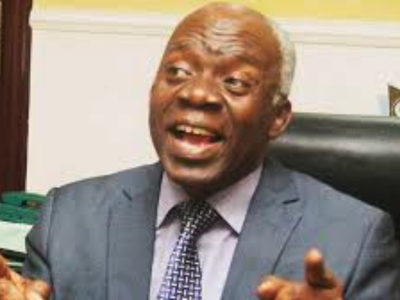
Credit:
Prominent human rights lawyer Femi Falana has called for sweeping changes to Nigeria’s electoral recruitment process, urging public advertisement of top positions at the Independent National Electoral Commission (INEC) to insulate the body from political interference.
Speaking Wednesday on Channels Television’s Politics Today, Falana referenced the 2008 Uwais Panel report, which proposed an open, merit-based selection process for INEC leadership. The framework recommends public calls for applications, vetting by the National Judicial Council, and presidential nomination of a shortlist for National Assembly approval. “This goes a long way to make the body free from control,” Falana said, citing Lesotho and Botswana as examples of countries where such practices are routine. In Lesotho, a recent call for three electoral commissioner roles drew 45 applicants, with Parliament confirming the process earlier this month.
Falana’s comments coincided with the Senate’s confirmation of Professor Joash Amupitan as INEC’s sixth substantive chairman. A 58-year-old law scholar, Amupitan was nominated by President Bola Tinubu and endorsed by the National Council of State. He succeeds Mahmood Yakubu, whose tenure ended this month, and is expected to be sworn in Thursday at the State House in Abuja. His first official engagement will be a strategy meeting with INEC directors. While opposition parties like the African Democratic Congress criticized the vetting process as “mere formality,” supporters hailed Amupitan’s academic credentials as a fresh start ahead of the 2027 general elections.
Building on the momentum, the Senate on Wednesday passed the Electoral Act Amendment Bill, 2025, through second reading. Sponsored by Senator Simon Lalong (APC, Plateau South), the bill seeks to address persistent flaws in the 2022 Act, including delayed funding, voter register disputes, transmission failures, and weak enforcement of electoral offenses. A key provision proposes shifting the burden of proof in election petitions from candidates to INEC, requiring the commission to defend its declared results. Senate President Godswill Akpabio urged lawmakers to conclude the amendment process by December, stressing the need for “transparency and public trust.” Lalong described the bill as a safeguard against “political interference and government control,” with senators also debating the feasibility of same-day national elections in 2027.
Falana also criticized the continued exclusion of diaspora Nigerians from voting, despite their significant economic contributions through remittances. “They have a right to demand participation in electing leaders,” he said, renewing calls for expedited prosecution of electoral offenders—a key recommendation of the Uwais report.
With the echoes of the 2023 elections still reverberating through courtrooms and public discourse, the latest developments signal a growing appetite for reform. Whether these measures can truly unchain INEC from political influence remains to be seen.


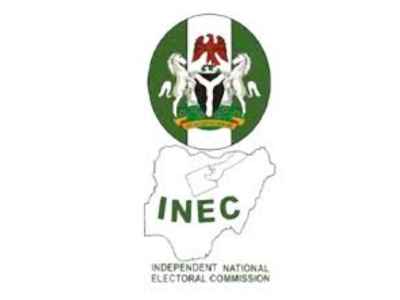




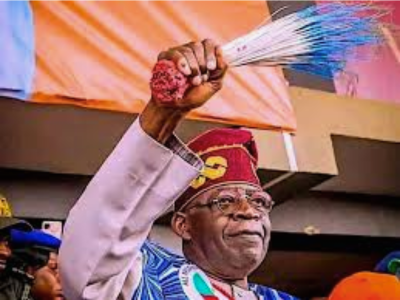

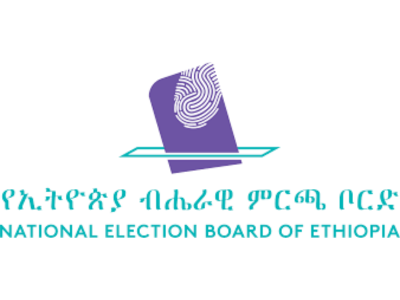
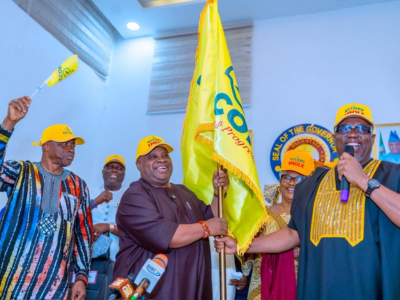
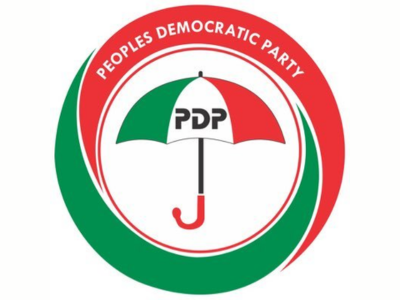
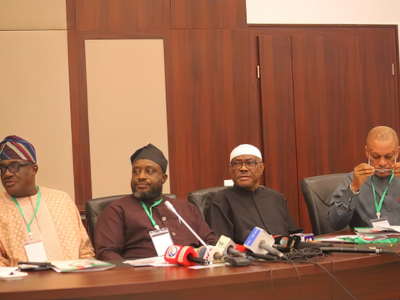
0 Comment(s)